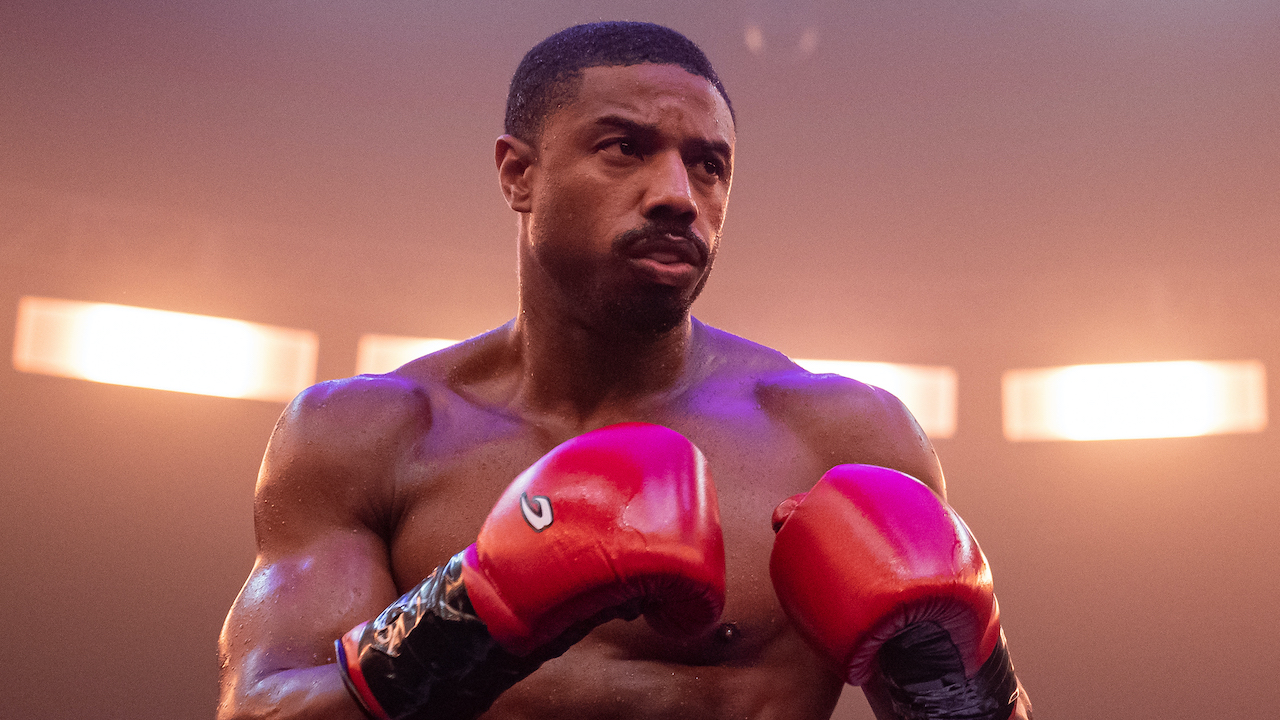The Matrix Sequel Experiences That Helped Ben Procter Build A Potentially Key Avatar Sequel Set
Hints to Pandora's future are already present, thanks to a valuable lesson from the past.
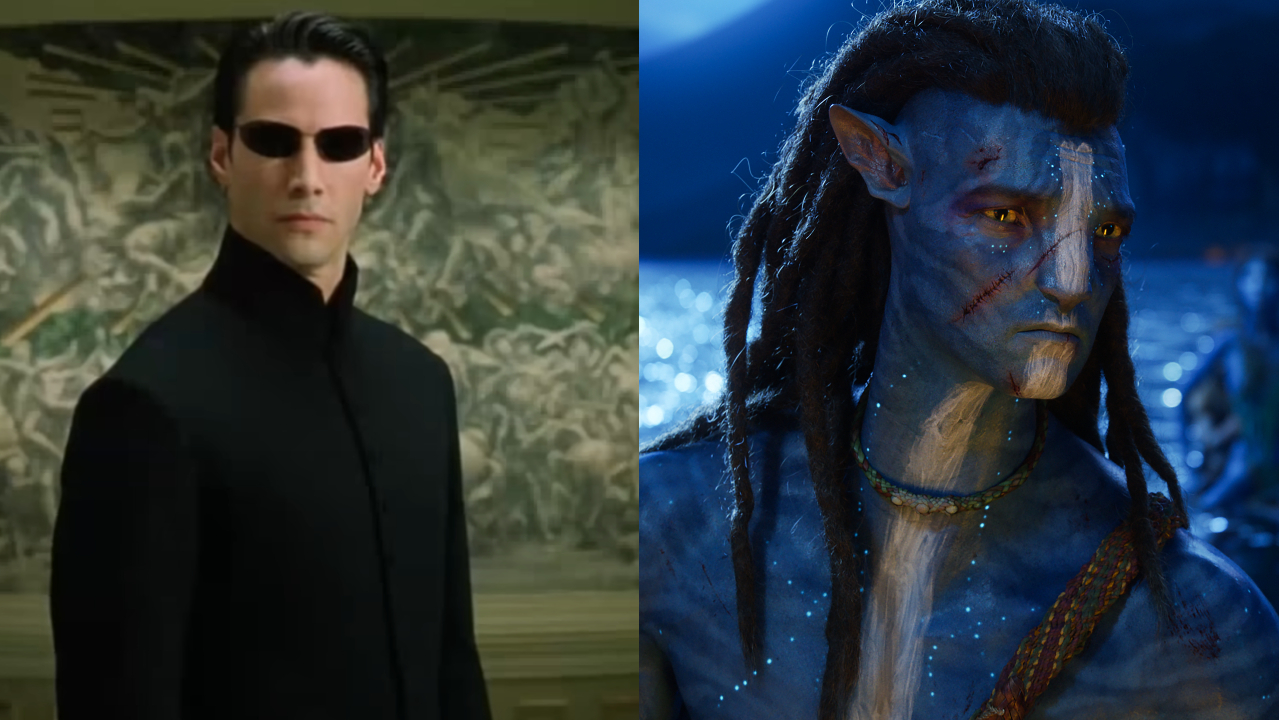
In the world of Avatar: The Way of Water and the sequels that are set to follow, secrecy is key. Just ask production designer Ben Procter and the design team who, back in 2013, set to work on designing the worlds of the Avatar sequels without completed scripts. And yet, there’s plenty of information to be gleaned from both Procter’s past and present, as his work on the sequels to one of the best sci-fi movies, The Matrix, helped inform the construction of a potentially key set for the future. The best part is, we’ve already seen this location in action.
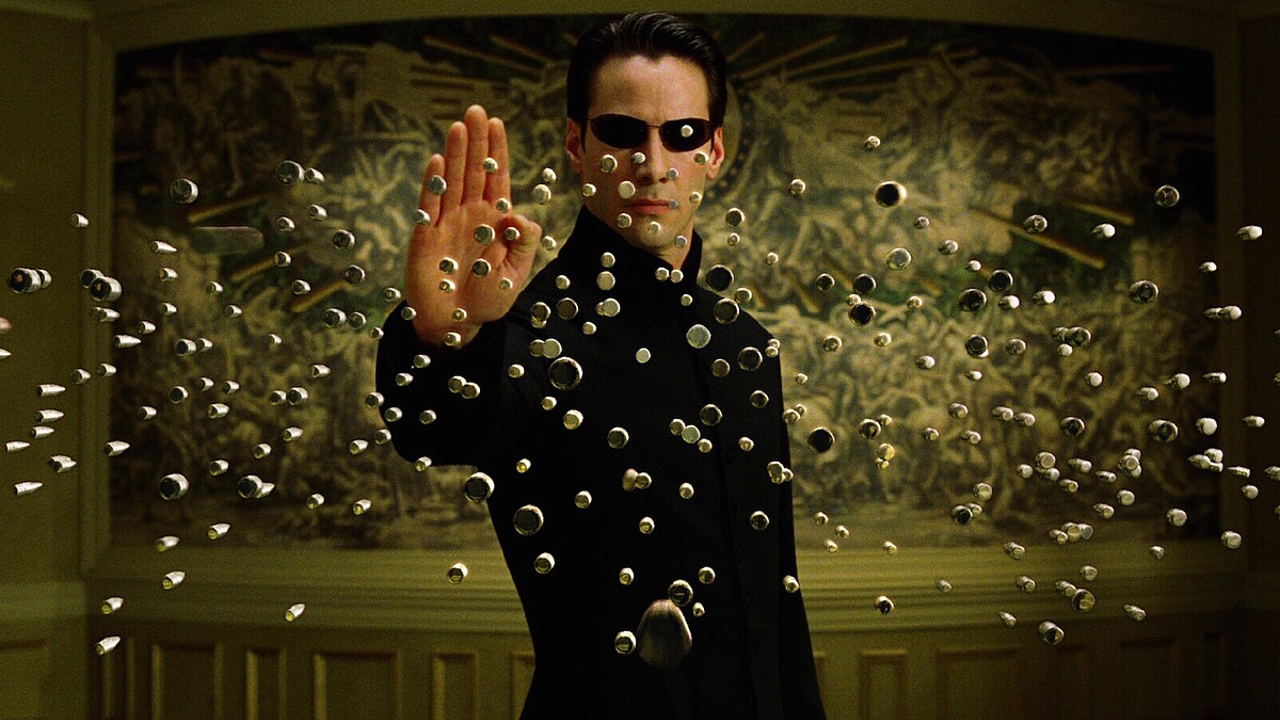
The Matrix Reloaded Scene That Helped Ben Procter’s Work On Avatar
As a pre-vis artist on both The Matrix Reloaded and The Matrix Revolutions, Ben Procter was part of the construction of another iconic setting that paid off over more than one installment. I learned this as I spoke with him on behalf of Avatar 2’s recent home video release, which led to me asking how his previous efforts on a back-to-back sequel shoot for an ambitious, groundbreaking sci-fi franchise may have come in handy this time out.
What followed was a pretty epic story about how these two worlds connected in a rather novel way. In his response to CinemaBlend, Ben Procter highlighted one Matrix 2 scene in particular as helpful, thanks to the following design process:
Well, I think maybe in 2 ways I'll address that. Number one. There's a more literal analog that you might think, because the stuff that I did on Matrix 2 in particular, had to do with the Mega City. The design of the sort of ‘Matrix City,’ in the middle of which is a sort of spaghetti bowl of freeways ,which is how the directors described it. I, personally, with help from another artist, dealt with the so-called ’jet shot,’ which is when Neo comes into the rescue. It’s literally, I think we computed it to be like Mach 3 or something like that. I don't remember exactly how fast he's going, but he's flying really fast, blasting over the landscape, and then meets Morpheus on a truck top and then starts to save the day a little bit.
Designing a whole city for The Matrix Reloaded’s gigantic highway set piece seems like it’s simple enough, right? Especially when Neo (Keanu Reeves) is zooming through the air at three times the speed of sound to rescue Morpheus (Lawrence Fishburne) and The Keymaker (Randall Duk Kim) from a literal truck wreck.
You probably know this Matrix Reloaded event by heart if you’re a mega fan. But just in case it’s been a while since you’ve experienced it, here’s a clip of the madness that Ben Procter is talking about:
As you might expect, frenetic paced action is no excuse not to properly lay out your digitized metropolis. Procter explained as much as he continued his Matrix creation story, which involved two words you might not have expected: urban planning.
For those of you wondering if Mega City holds up to the closer scrutiny from even the most devoted fans, there’s now officially something to look out for in your next rewatch of The Matrix Reloaded. More specifically, read the following details mentioned by Procter to CinemaBlend:
Your Daily Blend of Entertainment News
That whole city had to be laid out right? So that's a sort of urban planning. yeah, I guess the combination of sort of like city planning and urban planning in the abstract, to make something sort of either be realistic or give a visual impression right? And then in the micro, within that massive many miles in diameter world, you have to create moments that are storytelling moments. … I'm pretty sure that what you see in the background when they're duking it out on top of the truck. You know the specific blast furnaces of a steel mill, or whatever it is that go by, are the ones that we placed to look cool in the jet shot right? It wasn't cheated. It wasn't actually changing a lot.
The smokestacks in question pop up around 00:30 in the clip provided above, and sure enough, that part of Mega City features prominently throughout Lawrence Fishburne’s big truck top fight. As advertised, there’s not a lot of room for “cheating” the visual geography of this world, even if you’re focused on the amazing action choreography.
With that level of detail in mind, there’s a setting in Avatar: The Way of Water that has the potential to become a huge setting in the recently-delayed Disney sequels. And just like with Mega City, Ben Procter and his team had a very critical eye towards what that landscape will contain and what it could mean for James Cameron’s own collection of set pieces.
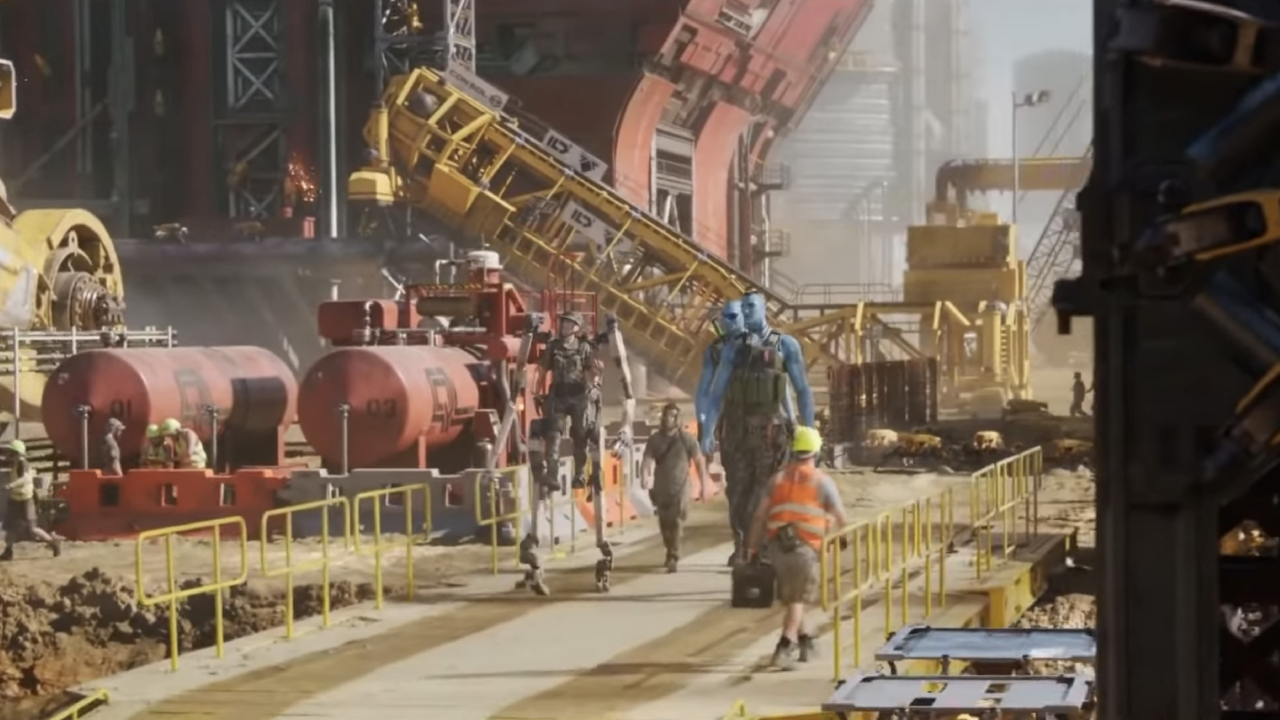
The Avatar Sequel Set That Could A Crucial Location For Future Films
Amidst Cameron’s 1500 pages of “crazy man notes” that Procter mentioned earlier in this same interview, one setting seems to be just waiting for its own complement of action surprises. Bridgehead City is the new base of operations for the RDA, and the location that introduced us to General Frances Ardmore (Edie Falco). It also sets up the next move for this corporate body’s plans for colonizing Pandora in the name of humanity.
The experiences Ben Procter had on The Matrix Reloaded and Revolutions were firmly in mind when shaping this would-be “boom town,” a scenario that is squarely in the man’s wheelhouse of “hard surface” production design. Drawing the parallels between the two dystopian metropolises, Procter expressed the following commonalities in the design philosophy between these two cities:
There's an integral sort of overall lay on design in the city that shows up in these different shots, and in these different ways, and I guess the relationship to Avatar would be well, Bridgehead City, right? We got a whole new human base to deal with, in Avatar 2 and going forward, that's 6 miles in diameter, and it happens to have elevated Maglev train tracks. [There’s] visual similarities to the Mega City a little bit. I needed to convey that same sort of squid-like kind of technology, sort of weaving into itself in a complex way that suggests some sort of overarching kind of power philosophy.
You can see the rough comparison between Mega City and Bridgehead City pretty clearly, even in Avatar: The Way of Water’s unfinished incarnation. A circular base that’s stationed on a piece of Pandora’s shoreline, everything from a shipyard to a “future site for corporate HQ” is present; a fact that’s only further expressed if you were to look at the satellite map provided in DK’s Avatar: The Way of Water: The Visual Dictionary.
It’s early days for this potential capital of humanity’s supposed best hope for survival, and yet, Ben Procter has vaguely hinted at what could be coming in the future. The mention of that Maglev train alone conjures images of excitement similar to an early raid carried out by Jake Sully (Sam Worthington) in The Way of Water.
With the ending of Avatar 2 showing Jake and his people ready to fight to protect their land, and in some promising talk you’re about to read below, Bridgehead City sounds like a major point of interest in James Cameron’s thematic tapestry. But for now, here’s how Mr. Procter sets up what future developments could look like in the years to come:
But at the same time, just like with the truck top fight, you know, in the future we may or may not have more opportunities to see different aspects of Bridgehead, but in Avatar 2 there wasn't a lot of screen time. But we tried to milk it for what it was worth, to really express the idea that it was under construction, express it as a sort of dusty boomtown, as a visual counterpoint to the beautiful lush, moist jungle around it. It was like a hellish version of Dubai under construction sort of thing. In that sense, you know, looking at real cities for inspiration, looking at real urban planning and then integrating all that into a fictional design that says something was very simple.
Whatever “different aspects” of Bridgehead City may or may not present themselves in future Avatar chapters have been in play for a decade coming this August. That’s thanks to a healthy relationship between James Cameron, Ben Procter and the rest of the team that’s been shaping these adventures well before they were even filmed.
As the series progresses towards its currently planned endgame in 2031’s Avatar 5, those surprises will unfold in due time, showing a world in which only those who currently live in it know the ins and outs. If you want to get to know the first two Avatar films better, they’re currently available to those of you who possess a Disney+ subscription.
Avatar 3, in the meantime, is now set for a December 19, 2025 release date, with Avatar 4 and 5 set to arrive on December 21, 2029 and December 19, 2031, respectively. Last, but not least, if you want to learn more about this budding universe from Ben Procter and a ton of other people involved in the production of these sequels, The Art of Avatar: The Way of Water and Avatar: The Way of Water: The Visual Dictionary are two indispensable texts that fit the bill. Both are available on Amazon or wherever you purchase your reading materials.
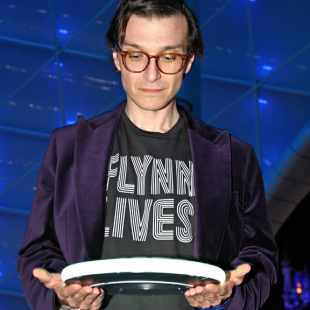
Mike Reyes is the Senior Movie Contributor at CinemaBlend, though that title’s more of a guideline really. Passionate about entertainment since grade school, the movies have always held a special place in his life, which explains his current occupation. Mike graduated from Drew University with a Bachelor’s Degree in Political Science, but swore off of running for public office a long time ago. Mike's expertise ranges from James Bond to everything Alita, making for a brilliantly eclectic resume. He fights for the user.
